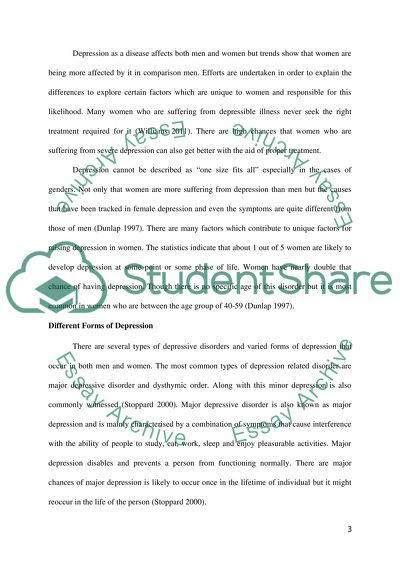Cite this document
(“Discuss the view that depression is just a women's thing Essay”, n.d.)
Retrieved de https://studentshare.org/health-sciences-medicine/1466802-discuss-the-view-that-depression-is-just-a
Retrieved de https://studentshare.org/health-sciences-medicine/1466802-discuss-the-view-that-depression-is-just-a
(Discuss the View That Depression Is Just a women'S Thing Essay)
https://studentshare.org/health-sciences-medicine/1466802-discuss-the-view-that-depression-is-just-a.
https://studentshare.org/health-sciences-medicine/1466802-discuss-the-view-that-depression-is-just-a.
“Discuss the View That Depression Is Just a women'S Thing Essay”, n.d. https://studentshare.org/health-sciences-medicine/1466802-discuss-the-view-that-depression-is-just-a.


